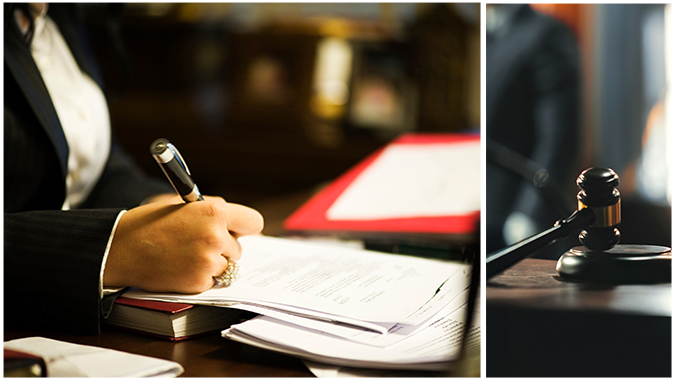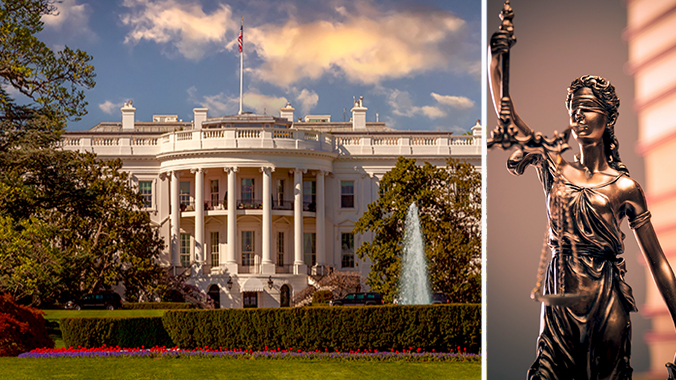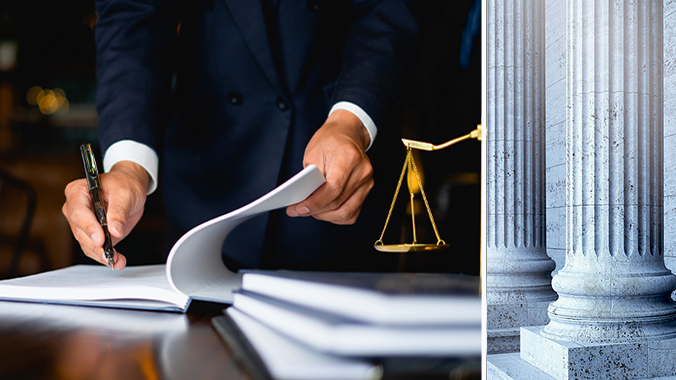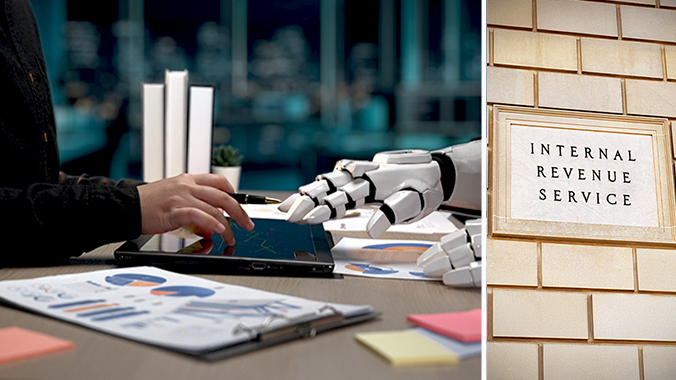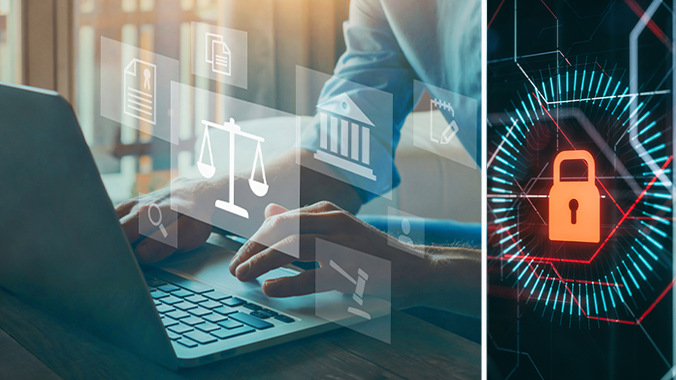Life Science and Chemical U.S. Patent Law Advanced Program [Part 1]: Legal requirements

Tom Irving, a Senior Partner of The Marbury Law Group, has more than 47 years of experience in intellectual property law. His U.S. pharmaceutical practice includes America Invents Act (AIA) post-grant proceedings, due diligence, counseling (particularly on strategy and tactics), patent prosecution, reissue, and reexamination.

Michelle E. O’Brien has more than 20 years of experience representing both domestic and foreign clients of all sizes in the areas of patent procurement, litigation, and client counseling, with a particular emphasis on chemical, biochemical, and pharmaceutical technologies.
2 hour CLE
Tuition: $195.00
Get this course, plus over 1,000+ of live webinars.
Learn More
Training 5 or more people?
Sign-up for a law firm subscription plan and each attorney in the firm receives free access to all CLE Programs
Program Summary
Join us for an advanced webinar delving into the intricate statutory requirements for patentability in the life sciences and chemistry sectors. We will navigate the complexities of patentable subject matter, dissect advanced topics related to utility, and clarify the nuances of the novelty requirement, particularly considering the evolving understanding of AIA prior art and its exceptions. The session will also address the implications of published clinical trial protocols on patent applications. Additionally, we will examine the non-obviousness requirement, focusing on the motivation to combine references, reasonable expectation of success, and objective evidence of non-obviousness. Lastly, we will tackle the critical aspects of written description and enablement, particularly in genus claims, and revisit the best mode requirement, exploring its potential impact despite AIA's limitations.
Key topics to be discussed:
- The nuances of the statutory requirements for patentability
- Patentable subject matter
- Utility requirement
- Novelty requirement
- Non-obviousness requirement
- Disclosure requirements (enablement, best mode, written description)
![]() Closed-captioning available
Closed-captioning available
Speakers
 Thomas L. Irving | The Marbury Law Group, PLLC
Thomas L. Irving | The Marbury Law Group, PLLC
Tom Irving, a Senior Partner of The Marbury Law Group, has more than 47 years of experience in intellectual property law. His U.S. pharmaceutical practice includes America Invents Act (AIA) post-grant proceedings, due diligence, counseling (particularly on strategy and tactics), patent prosecution, reissue, and reexamination. In addition to advising on procuring strong U.S. patents, Tom counsels clients on a wide range of pharmaceutical and life sciences matters, including pre-litigation, Orange Book listings of patents covering FDA-approved drugs and methods of use, infringement issues, enforceability, supplemental examination, and validity analysis. He has served as lead counsel in numerous patent interferences, reissues, reexaminations, and AIA post-grant proceedings, as well as an expert witness in patent litigation.
Tom’s current practice is heavy on due diligence analysis, particularly for innovative targets and has driven deals where the target garnered more than one billion dollars, as well as for innovative suitors, AIA post-grant proceedings, and how to evaluate and enhance the strength of U.S. patents in the pharmaceutical space to be listed in the Orange Book and strengthened to withstand PTAB post-grant challenges and district court litigation. Tom has directed the preparation of highly complex IPRs, which worked out well for the innovative pharma patent owner. Tom also focuses on 35 U.S.C. §112(f), supplemental examination, writing claims likely to be infringed, and Sanofi v. Watson-type claims, all of which he considers to be under-utilized.
For more than 25 years, Tom served as principal teacher of the now defunct Patent Resources Group (PRG)Chemical Patent Practice course, a comprehensive three-day course on U.S. chemical and life science patent law taught twice a year, and he co-authored the multi-volume treatise used in the course. He originated PRG’s Orange Book and Due Diligence courses, which helped prepare patent owners, through effective application drafting and prosecution, to withstand the rigors of AIA’s inter partes review (IPR) and post-grant review (PGR), as well as patent litigation. He presents analyses of U.S. Court of Appeals for the Federal Circuit and Patent Trial and Appeal Board (PTAB) decisions for many state bar association groups and national trade and bar association meetings, such as Intellectual Property Owners Association, American Intellectual Property Law Association (AIPLA), North Carolina and South Carolina Bar Associations, Ohio Bar Association, Texas Bar Association, CAIL in Plano Texas, and American Bar Association. Tom has lectured at many law schools, such as Harvard, Howard, Emory, Ave Maria, the University of Utah, and BYU in the United States and also law schools in China, and at the Patent Office of the State Intellectual Property Office (SIPO) of the People’s Republic of China. He has participated in well more than 150 Strafford Webinars on U.S. patent law topics, including several that dealt with 35 U.S.C. § 112(f), Sanofi v. Watson-type claims, supplemental examination, inducement to infringe, claim construction, enablement, written description, claim definiteness, REMS patents, CCPA cases, and AIA post-grant proceedings. Over his 47 years, Tom has trained literally thousands of patent professionals in the U.S. and abroad.
Tom has been recognized by Intellectual Asset Management as a global IP leader and leading patent prosecutor in the D.C. metro area, as well as nationally for post-grant procedures. The Legal 500 U.S. has recognized him for patent portfolio management and licensing, and he has been ranked as a patent “IP Star” by Managing Intellectual Property (MIP) since 2016. Tom was inducted into the LMG Life Sciences Hall of Fame and recognized as the Patent Strategy & Management Attorney of the Year for the District of Columbia. In 2022, the American Intellectual Property Law Association (AIPLA) declared him a “Titan of the IP Bar” and the Bar Association of D.C. named him Patent Prosecutor of the Year. Tom is very proud that just this year, the Howard Law School gave him a Lifetime Achievement Award for IP Social Justice. Tom is deeply committed to DEI, and particularly seeks to advance the interests of women in patent law, including minority women in patent law. That contribution was recognized by the North Carolina Bar Association in March 2023.
 Michelle E. O’Brien | The Marbury Law Group, PLLC
Michelle E. O’Brien | The Marbury Law Group, PLLC
Michelle E. O’Brien has more than 20 years of experience representing both domestic and foreign clients of all sizes in the areas of patent procurement, litigation, and client counseling, with a particular emphasis on chemical, biochemical, and pharmaceutical technologies. Exemplary areas of Ms. O’Brien’s technical expertise include polymer chemistry; ceramics; glass; food chemistry; cosmetics; paper products; adhesives; and pharmaceutical products including new chemical entities and formulations, as well as novel solid forms including polymorphs, cocrystals, and amorphous forms of compounds.
Ms. O’Brien’s expertise includes all aspects of preparing and prosecuting U.S. and foreign patent applications, such as patent drafting and prosecution, as well as more complex matters such as reissue and reexamination proceedings, appeals hearings, Post-Grant Reviews (PGR), and Inter Partes Reviews (IPR) before the Patent Trial and Appeal Board (PTAB). Her litigation expertise focuses on patent infringement cases including, for example, Hatch-Waxman litigation involving Abbreviated New Drug Applications, and includes all stages from pre-discovery through trial.
Ms. O’Brien’s current practice includes building and maintaining clients’ patent portfolios, as well as analyzing competitors’ patent portfolios, preparing patentability, validity, and infringement opinions, conducting pre-litigation and product-clearance analyses, challenging and defending patents in post-grant proceedings before the PTAB (PGRs and IPRs), and litigating patent infringement lawsuits. Ms. O’Brien also provides pre-litigation counseling to clients in order to maximize the value of their patent portfolios and avoid the valid rights of others, relying on her broad background and extensive experience.
Ms. O’Brien also lectures both domestically and abroad on various patent law topics, such as inventorship, inequitable conduct, Patent Term Extension (PTE) and Patent Term Adjustment (PTA), and patenting and litigating solid forms of compounds.
Agenda
I. The nuances of the statutory requirements for patentability | 12:00pm – 12:20pm
II. Patentable subject matter | 12:20pm – 12:40pm
III. Utility requirement | 12:40pm – 1:00pm
Break | 1:00pm – 1:10pm
IV. Novelty requirement | 1:10pm – 1:30pm
V. Non-obviousness requirement | 1:30pm – 1:50pm
VI. Disclosure requirements (enablement, best mode, written description) | 1:50pm – 2:10pm
Credits
Alaska
Approved for CLE Credits
2 General
Alabama
Pending CLE Approval
2 General
Arkansas
Approved for CLE Credits
2 General
Arizona
Approved for CLE Credits
2 General
California
Approved for CLE Credits
2 General
Colorado
Pending CLE Approval
2 General
Connecticut
Approved for CLE Credits
2 General
District of Columbia
No MCLE Required
2 CLE Hours
Delaware
Pending CLE Approval
2 General
Florida
Approved via Attorney Submission
2.5 General Hours
Georgia
Approved for CLE Credits
2 General
Hawaii
Approved for CLE Credits
2.4 General
Iowa
Pending CLE Approval
2 General
Idaho
Pending CLE Approval
2 General
Illinois
Approved for Self-Study Credits
2 General
Indiana
Approved For On-Demand Credits
2 General
Kansas
Pending CLE Approval
2 Substantive
Kentucky
Pending CLE Approval
2 General
Louisiana
Pending CLE Approval
2 General
Massachusetts
No MCLE Required
2 CLE Hours
Maryland
No MCLE Required
2 CLE Hours
Maine
Pending CLE Approval
2 General
Michigan
No MCLE Required
2 CLE Hours
Minnesota
Pending CLE Approval
2 General
Missouri
Approved for CLE Credits
2.4 General
Mississippi
Pending CLE Approval
2 General
Montana
Pending CLE Approval
2 General
North Carolina
Pending CLE Approval
2 General
North Dakota
Approved for CLE Credits
2 General
Nebraska
Pending CLE Approval
2 General
New Hampshire
Approved for CLE Credits
120 General Minutes
New Jersey
Approved for CLE Credits
2.4 General
New Mexico
Approved for Self-Study Credits
2 General
Nevada
Approved for Self-Study Credits
2 General
New York
Approved for CLE Credits
2.4 General
Ohio
Pending CLE Approval
2 General
Oklahoma
Pending CLE Approval
2.5 General
Oregon
Pending CLE Approval
2 General
Pennsylvania
Approved for Self-Study Credits
2 General
Rhode Island
Pending CLE Approval
2.5 General
South Carolina
Pending CLE Approval
2 General
South Dakota
No MCLE Required
2 CLE Hours
Tennessee
Approved for Self-Study Credits
2 General
Texas
Approved for CLE Credits
2 General
Utah
Pending CLE Approval
2 General
Virginia
Approved for Self-Study Credits
2 General
Vermont
Approved for CLE Credits
2 General
Washington
Approved for CLE Credits
2 Law & Legal Hours
Wisconsin
Approved for Self-Study Credits
2 General
West Virginia
Pending CLE Approval
2.4 General
Wyoming
Pending CLE Approval
2 General
#1 CLE Access Program
- Over 1,000 Live CLE Webinars each year
- All CLE webinars broadcasted in last 12 months
- Programs covering over 35 practice areas
- Hot topics & changes in the law
- All formats: Live, Replay, and On-demand
- Accreditation in every state
Access every CLE webinar,
every format, all year long!
myLawCLE All-Access Pass
only $395 yearly
Register Now
#1 CLE Access Program
- Over 1,000 Live CLE Webinars each year
- All CLE webinars broadcasted in last 12 months
- Programs covering over 35 practice areas
- Hot topics & changes in the law
- All formats: Live, Replay, and On-demand
- Accreditation in every state
Access every CLE webinar,
every format, all year long!
myLawCLE All-Access Pass
only $395 yearly
Preview
More CLE Webinars
Trending CLE Webinars



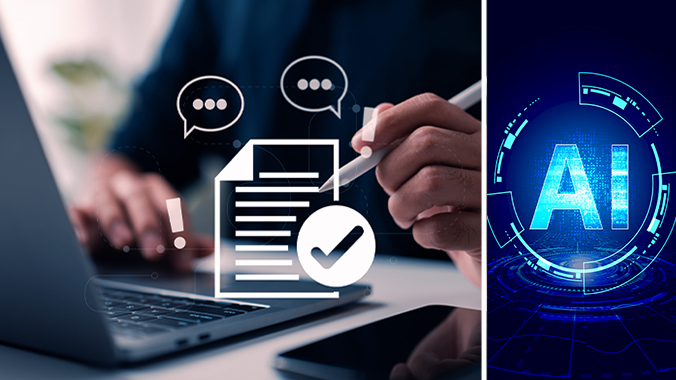
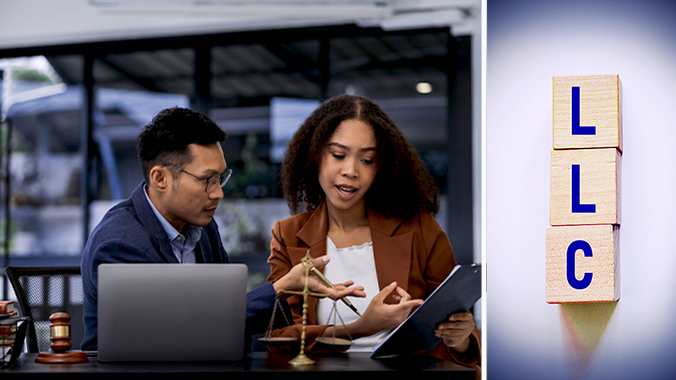




Upcoming CLE Webinars
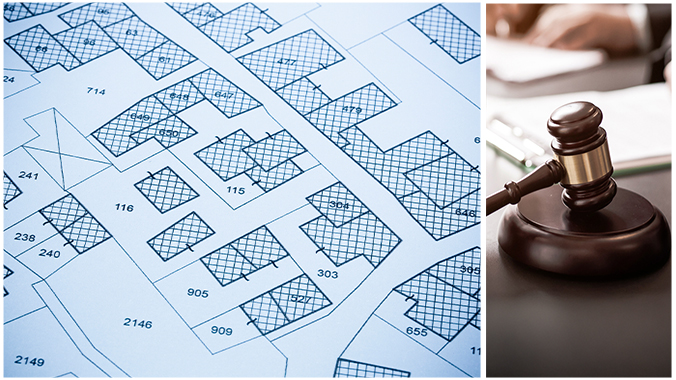


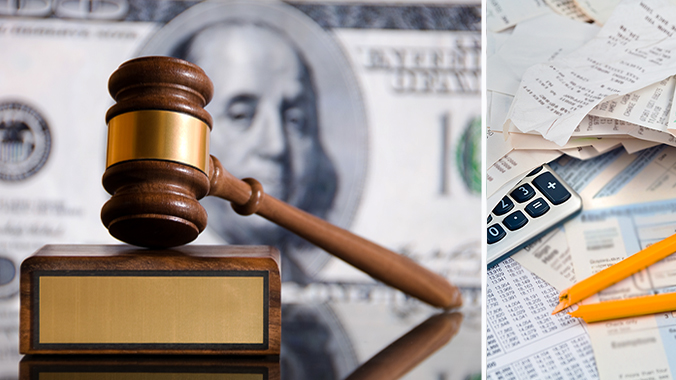
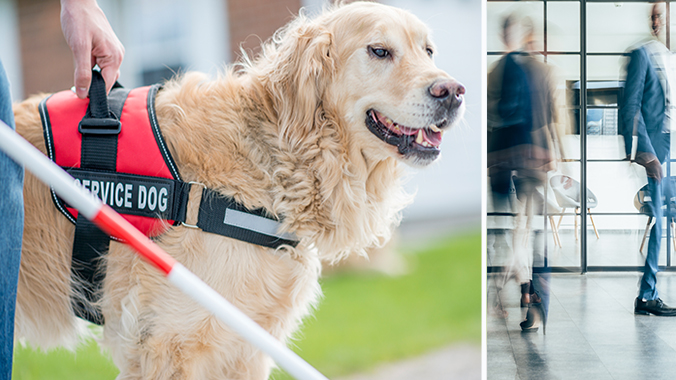
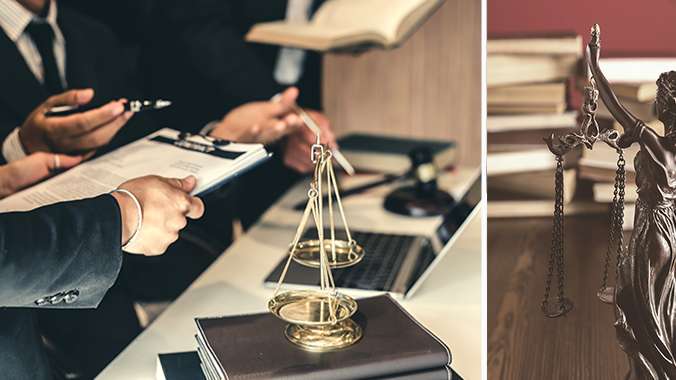

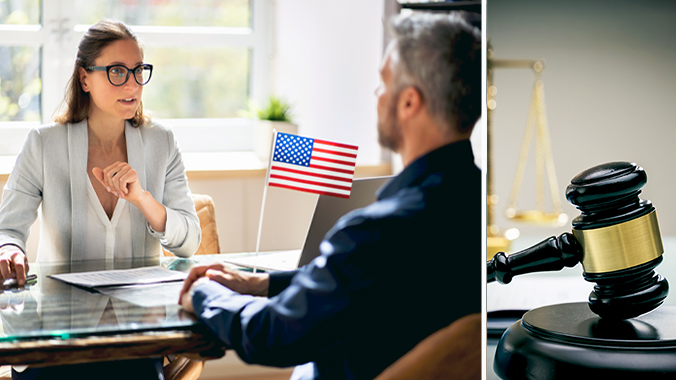
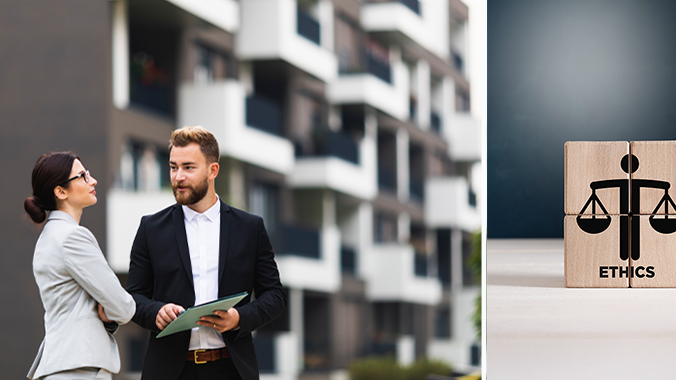






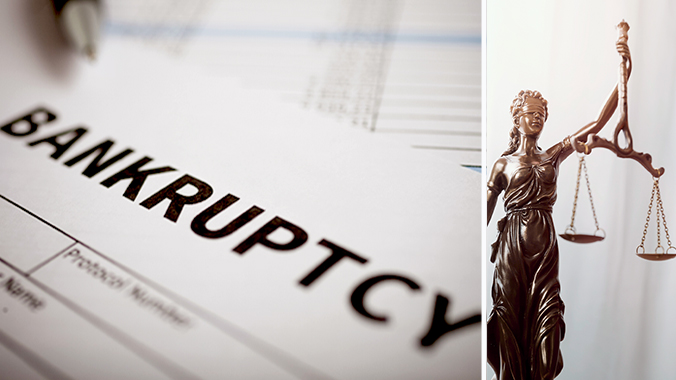
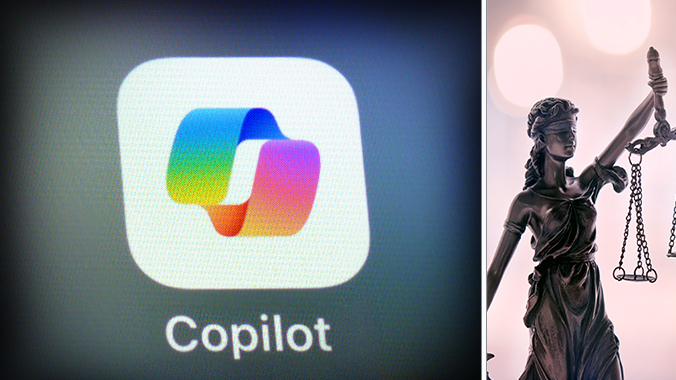



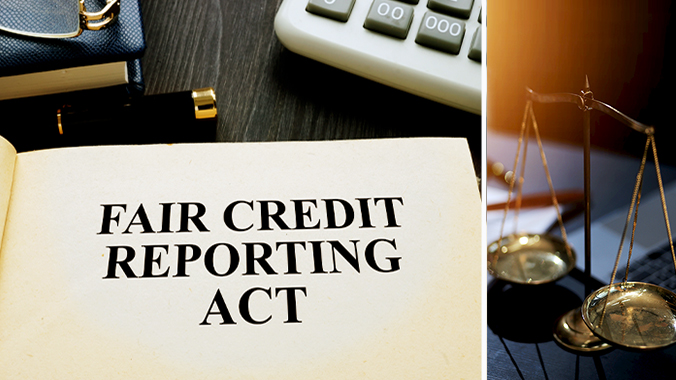



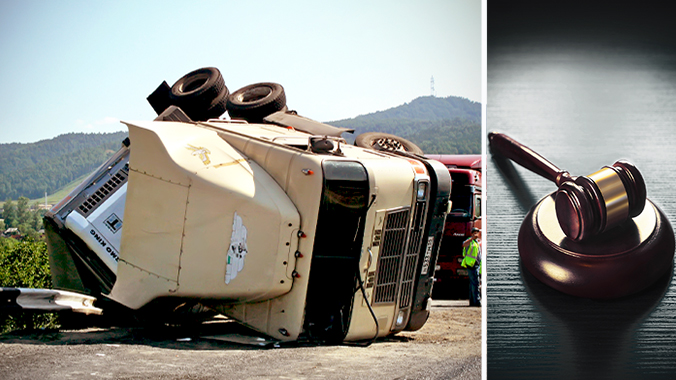

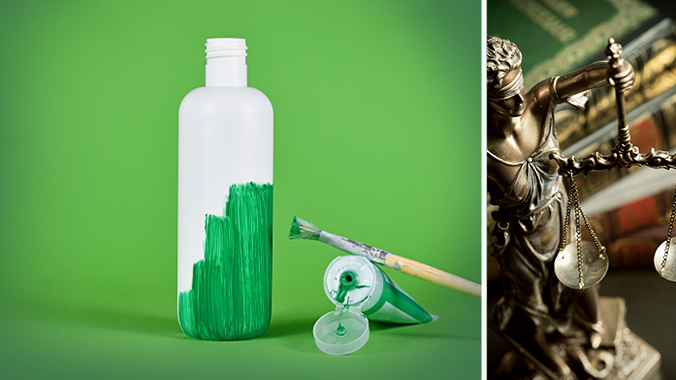
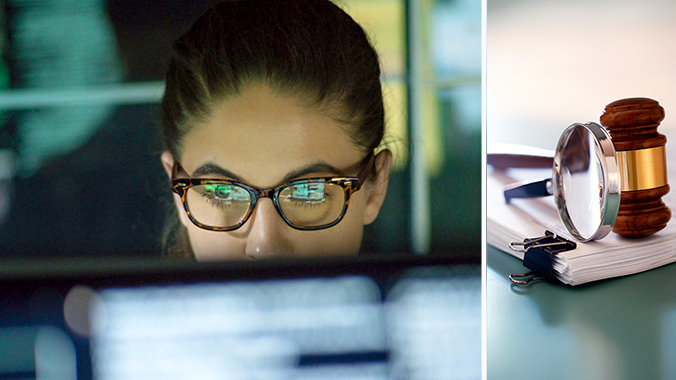

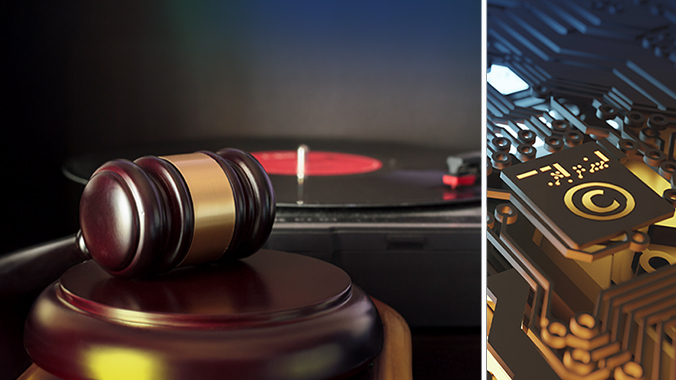

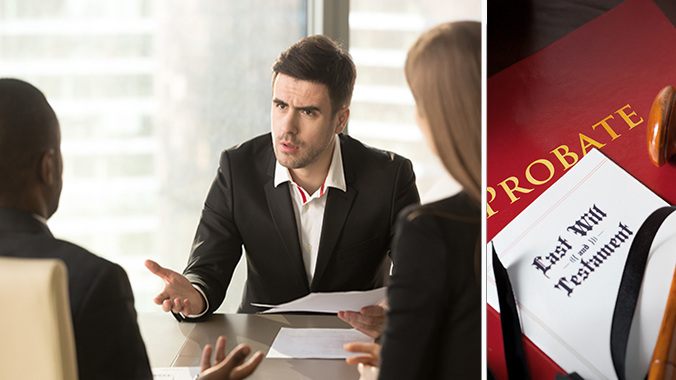


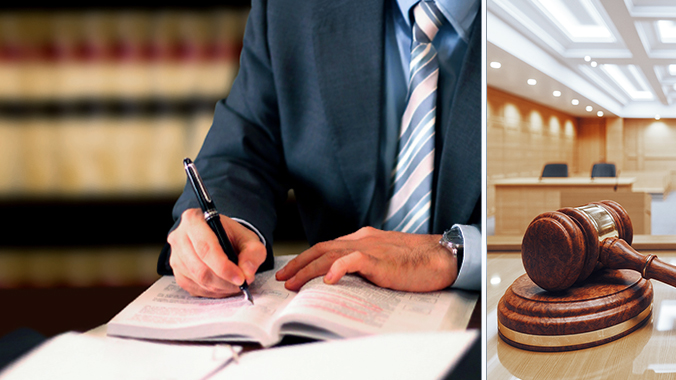

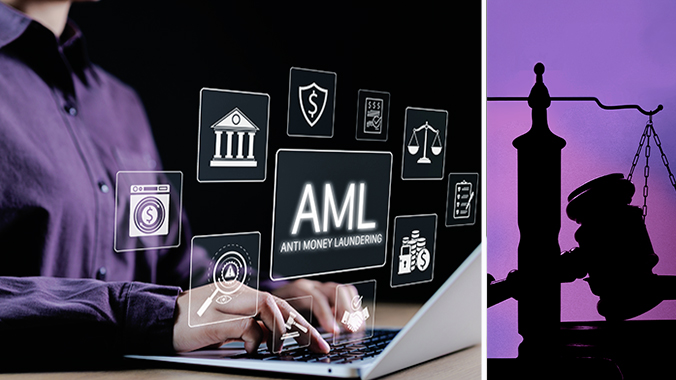

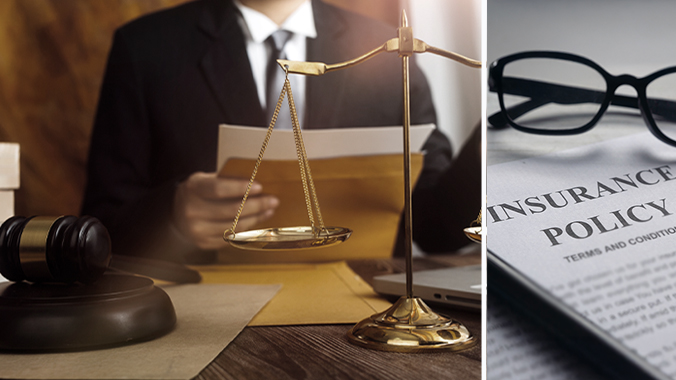
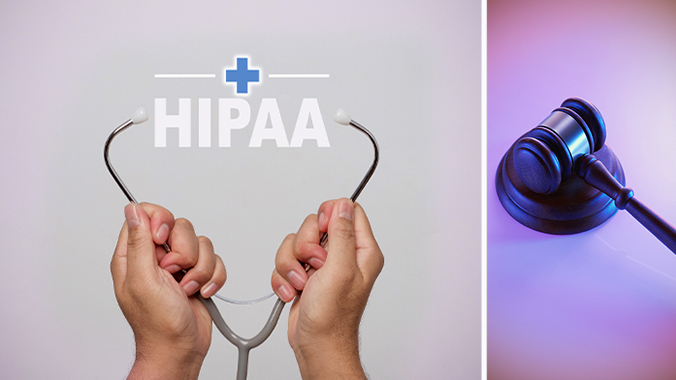



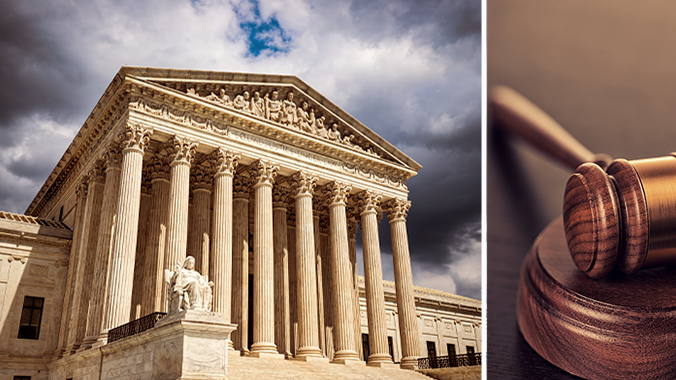

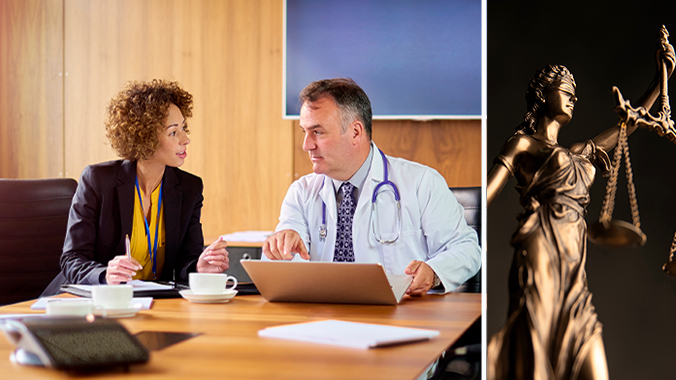

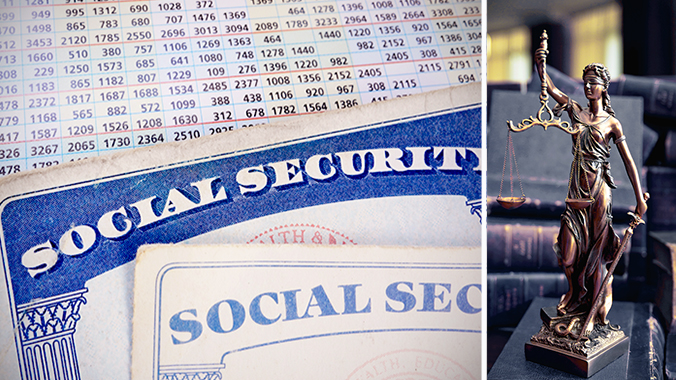
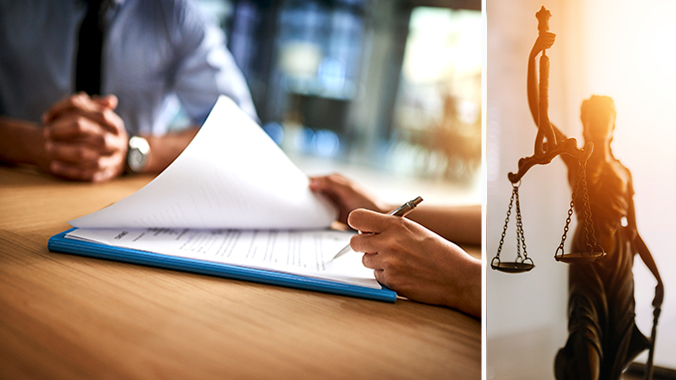




Litigation CLE Webinars
